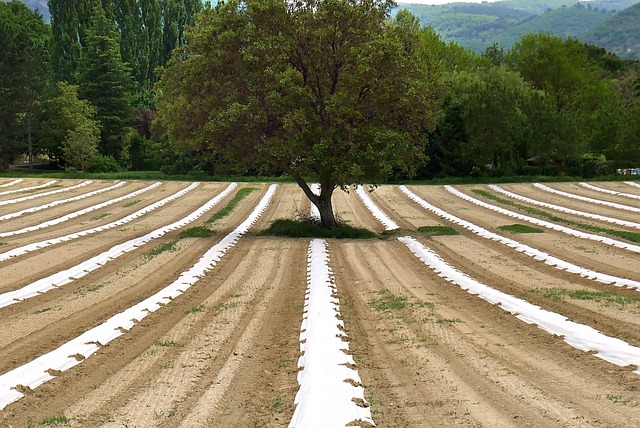In a world that seems increasingly dominated by concrete jungles and digital distractions, the concept of agroecology emerges as a hopeful beacon. This sustainable practice blends the art of farming with the principles of ecology, bringing us closer to nature while nurturing the earth’s resources. The relationship between agriculture and the environment has never been more critical, as we seek ways to innovate our food systems without compromising the very ecosystems we rely on.
Agroecology is not just a method of farming; it’s a holistic approach that recognizes the interconnectedness of all living systems. It invites us to consider our gardens, farms, and landscapes as living organisms, thriving alongside the natural world. By promoting biodiversity, using organic methods, and reducing chemical inputs, agroecology promotes a vibrant green space where life flourishes. Imagine stepping into a garden not just filled with crops, but alive with insects, birds, and even small mammals, all coexisting in harmony.
As we delve deeper into this eco-friendly philosophy, the impact on our environments becomes evident. Traditional agricultural methods often neglect the soil health and water systems, leading to degradation and loss of habitat. Conversely, agroecological practices focus on building healthy, fertile soils that support not only crop production but also the broader ecosystem. This balance is crucial as it allows the natural world to thrive, creating a rich tapestry of life that enhances our own living conditions.
Gardening can be a personal journey into the world of agroecology. When individuals embrace eco-friendly gardening practices — such as composting, companion planting, and organic pest management — they help revive the environment. Each small step taken in our backyards contributes to a larger movement towards sustainability. Planting native species can create habitats that support local wildlife, while cover crops can improve soil health and prevent erosion, enriching our landscapes in ways we might not have thought possible.
Moreover, adopting agroecology means making conscious choices about our consumption habits. Supporting local farmers who practice sustainable agriculture ensures that we are caring for our planet while enjoying the freshest produce available. This connection fosters a deeper appreciation for the earth, allowing us to recognize the beauty of seasonal changes and the cycles of nature that were all but forgotten in our fast-paced lives.
The vibrant green spaces created through agroecology do more than just provide food; they foster a sense of community and belonging. They remind us of our roots and the importance of nurturing our environment for the generations to come. When we engage with nature actively, whether through farming, gardening, or simply appreciating the beauty of a well-tended landscape, we cultivate a respect for the earth that sets the foundation for a healthier planet.
In recognizing the significance of agroecology, we are not only reclaiming our relationship with nature but also investing in a future where humans and habitats can coexist harmoniously. It’s an invitation to embrace the green world around us, to learn, adapt, and take action for our environment, one garden at a time.




